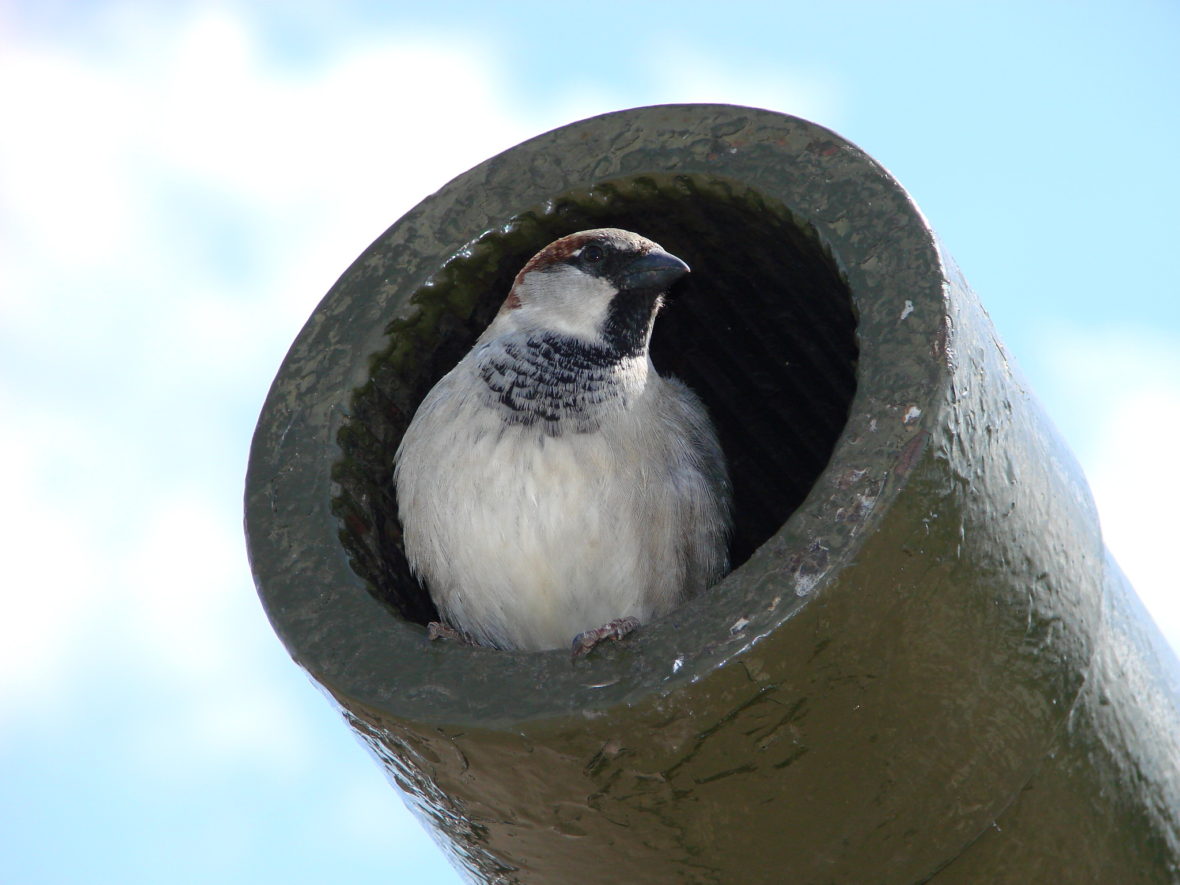Last winter, Emily Jaeger asked if I’d write a blurb for her first chapbook, The Evolution of Parasites, published this year by Sibling Rivalry Press. I wrote a few sentences about the visceral power of Jaeger’s language and imagination, and the intriguing ways she reads the spectacle of one body preying on another. Such praise typically bars a writer from reviewing the book—there’s no premise of objectivity—but one of the pleasures of a blog is my ability to flout rules. So I’m writing a few more grafs about a book I admire from a small, independent press devoted to LBGT poetry and a mission to “disturb and enrapture.”
Jaeger’s project started in my MFA craft workshop, “The Documentary Imagination.” Poetry offers a way of knowing a subject no other genre or medium expresses—why not engage in what Ed Sanders called “investigative poetics”? Students in the course wrote a suite of five poems over the semester based on primary sources—visual, textual, aural, or mixed media. Examples in the syllabus included Blue Front by Martha Collins, C.D. Wright’s One Big Self, and Tyehimba Jess’s Leadbelly (does anyone know the history of book-length verse biography in recent American poetry? Was Ruth Whitman’s Tamsen Donner: A Woman’s Journey, published in 1977 by Alice James Books, one of the first?). Among students’ investigations of Hollywood blockbusters, family genealogy, 19th century women telegraphers, internet spam, and forensic interrogation, came Emily Jaeger’s study of parasites. In her chapbook, they evolve into a metaphor for gender and colonial subjugation, while never relinquishing a literal presence.
What does it mean to become a nesting doll for protoplasm, harboring life without consent? Jaeger begins with “The Roundworm,” whose presence “in the toilet bowl explains a lot of things.” Hiking “the streets of your veins” and sleeping “between the breaths/ of your lungs,” the “foot-long worm” inhabits both body and mind in dreams “where you pulled handfuls/ of transparent crawlers from …/..your itching legs.” Even love gets sticky when “Your absence is like/ taha-taha seeds/…probably housing/ a nucleus of sand fleas” (“Checking Facebook in Paraguay”).
Other bodies endure moments of history that eat from the inside out. In “The Gnat,” Jaeger quotes Rabbi Pinhas ben Aruva, who witnesses a gnat “as big as a sparrow” fly from the split skull of the Roman Emperor Titus, desecrator of the Second Temple. In “For Bread,” Jaeger imagines a prostitute raped in the sanctuary during the aftermath of battle, her hands and knees forced onto the holy “scroll thrown between/golden seraphim.” Language itself is open to penetration, as Jaeger’s colloquial English lines absorb other tongues: Guarani, Hebrew, Yiddish. A poem like “(Dia)sporadic Dance” embraces a formal structure—starting with the title—that performs an intertextual bop, with Hebrew words in both the original and in translation interleaved with lines describing a heart that “shakes and shakes and pours/over: hidden water tearing/ through limestone. The capers blooming.”
The book’s title poem marks its seven section with the Latin term and scientific definition of a different form of parasitism, beginning with the most innocuous—“surface grazing”—and ending with the most invasive. What follows are examples of sexual threats and predations, most in prose, but some in dialogue. In “Asterophila,” Jaeger is recording an interview when her grandmother says, “Turn off the recorder.” Her mother interjects, “Did you tell her how your mother tried to end pregnancies?”
“Grandmother: No.
Me: How?
Mother: She climbed on top of the fridgerator and jumped off.”
In “Stilifer,” a shopkeeper touches Jaeger suggestively while “he tells me about women in Africa spiking each other with an engorged thing.” But the worst type of parasitism—“Encolotlax: deeper and deeper burial”—manipulates both body and spirit. The poem’s final section reads in its entirety, “This conversation,” [the shopkeeper] says, “I’m only having it with you because you have an open soul, I can tell.” As an example of either victim-blaming or gaslighting, the words resonate beyond the page.
Robin Levine’s illustrations mix the literal with the surreal. A woman’s braids end in lamprey-like mouths reaching for the neck of a neighbor. A naked woman carries a world-sized egg that cracks, releasing a giant insect. All seem related to nightmares women often experience towards the end of pregnancy: that they will bear a monster. Emily Jaeger’s disturbing and fascinating chapbook suggests that we all may host a secret sharer it’s our duty to discover, and, if necessary, cast out.
